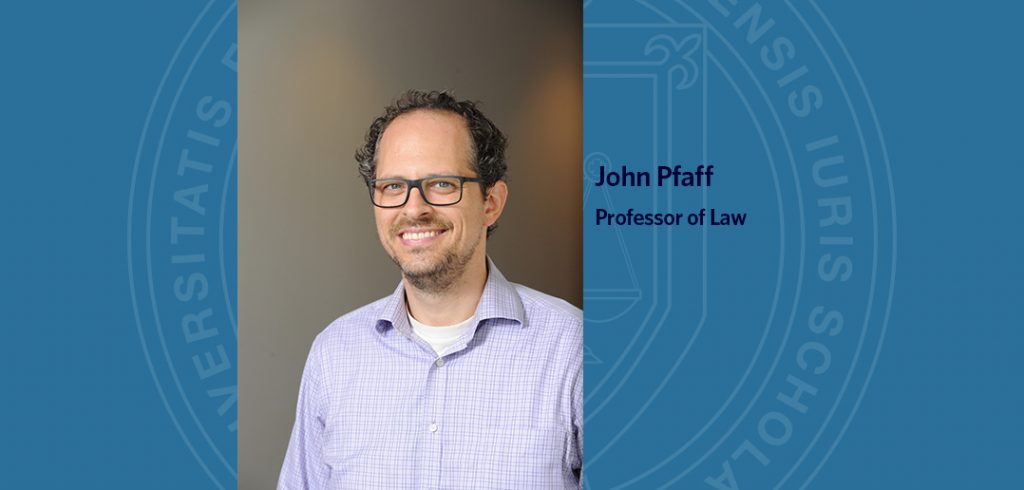In an interview with The Guardian, Professor John Pfaff shares his insight on what the criminal justice system misses by focusing on a suspect’s previous offenses.
Politicians and commentators use criminal histories to argue for increased policing – but they are ignoring key conclusions, says law professor John Pfaff
…
There’s a profound asymmetry in how we hear about rap sheets. Only when someone does something wrong do we call up that history. And after someone is identified as a suspect it’s easy to look up that person’s history and see if there’s a plausible connection between the history and the subsequent crime. We never see the cases of the people who have long sheets and stay on the right path.
And often, there are challenges to telling the story of someone who is released and instead of being locked up again gets the treatment they need and their life back on track. Their defense attorney cannot share that information in the same way police and district attorneys can, unless the person is willing to do that, and who wants to be the poster child for justice reform success? If you’ve gotten your life back on track you want that arrest to just go away.
…
Most people who commit violence have themselves either been the direct victim of, or an immediate witness to, violence earlier on. So they go into prison traumatized, get exposed to more trauma, get programming but not great programming, and then can return to that same community where there aren’t many resources. So what people view as a sign of their personal failure can clearly be read as a sign of more broad systemic investment failure.

